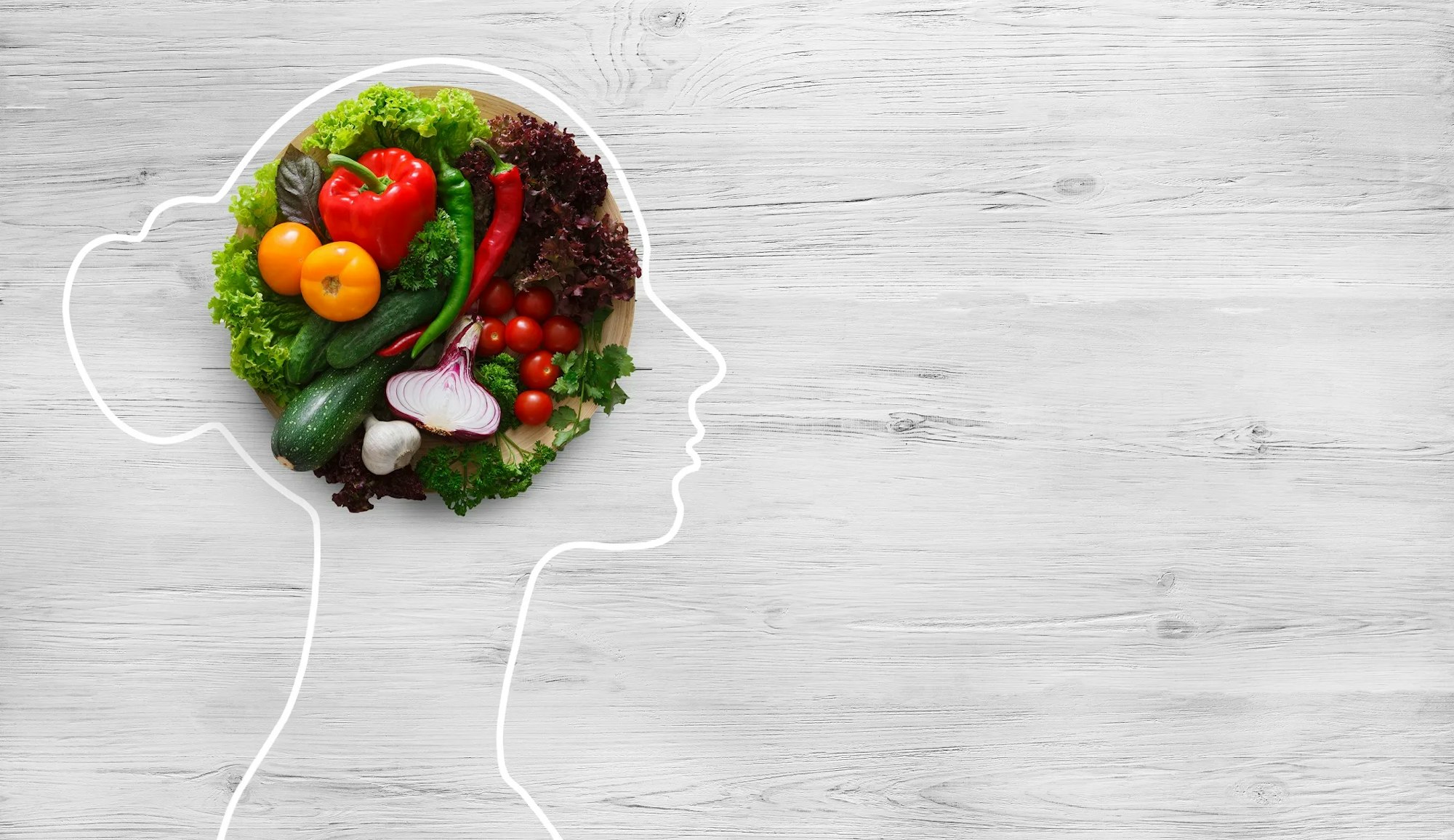Fire Departments Use Nutrition To Reduce Health Risks

August 3, 2022 | Kathleen Allen
New research on the Mediterranean Diet has made it a favorite among fire departments
There are diets and there are diets. Raw food. Paleo. The Station-2 Diet. The Mediterranean Diet. Keto. We’ve heard them all, and then some.
Some call for forsaking all things baked and glutinous. Some harken back to days when humans lived in caves and hunted mammoths. One thing ties them all together – the belief that what you put in your body, no matter what you call it, impacts your health profoundly.
Nutritionists and dieticians throw words around like ‘gut microbiome’ and ‘micronutrients’, and the gist of it seems to be that we all need to eat more vegetables and get more exercise, which we’ve heard dozens of times.
We also know that such broad phrases like ‘eating right’ are much harder to put into practice than they seem.
It can be especially hard for people who already have a longer than average list of what they need to do to stay safe and healthy. Firefighters have such an impossibly long checklist of tasks, duties, and responsibilities that diet (very understandably!) gets lost in the chaos.
And yet, diet is so closely tied to health that it’s impossible to ignore, and people are paying attention to what firefighters, specifically, are using to fuel their bodies.
Firefighters need to be healthy, not only for themselves, but for the community they protect. How can we take this need and try to find a dietary solution?
The International Association of Fire Fighters (IAFF) is highly attuned to improving firefighter health, and firefighter diet is so tied in to health that they have a separate page on nutrition on their website.
“The connection between chronic and preventable disease associated with poor nutrition and obesity are well-documented ,” it understates. Diet makes a difference, and a bad diet leads to unwanted health issues.
Further studies tie general health and diet to firefighter health even tighter when they conclude that “most career firefighters are overweight or obese and do not practice a specific diet.” Knowing that more than half of firefighters are overweight is a shocking realization, but not a surprising one.
It certainly doesn’t help matters that fighting fires, as a profession, makes it vastly more difficult to eat healthy even if the desire is there. Shift work has shown to be “associated with weight gain, increased blood pressure, and worsening insulin resistance,” and emergency calls at all hours make planning meals difficult.
Many people in careers with this level of unpredictability find it understandably easier to choose fast food or takeout than to plan and eat healthy meals at scheduled times.
Besides, we all know what’s really good for you, and no one wants to eat it.
The Engine 2 Diet, a book written by firefighter and triathlete Rip Esselstyn, makes incredible claims about lost weight and lowered cholesterol by eating an entirely plant-based diet. But a ranking of diets by U.S. News ranks the Engine 2 Diet poorly, with the main complaints being that the diet commands a “complete lifestyle overhaul” and “considerable meal planning and prep.”
Moreover, in a study of dietary preferences among career firefighters, “among popular dietary choices, firefighters were most receptive to a Mediterranean diet and least receptive to a strictly plant-based diet.”
Health, it seems, is unpalatable.
The idea of ‘complete lifestyle overhaul’ is equally so. Changing what you eat is one thing; changing your life habits around a diet you don’t want to eat is quite another. Lifestyle overhauls are expensive and often unsustainable.
Even when just talking about diet it’s important, for both success and buy-in, to select the interventions that are the most likely to make a major difference in health, instead of overhauling the entire diet at once.
There are clear barriers to improving firefighter health and nutrition at an individual level, a department level, and beyond. Some fire departments, however, see these challenges as opportunities, just like they’re trained to do.
The IAFF knows that “the fire service has its own unique culture and food is a central component of it,” and many fire departments have taken that advantage and done amazing things.
Career firefighters take many meals communally. Remember that study above that talks about popular dietary choices? While “plant-strong” finds itself at the bottom of the list, the Mediterranean diet features prominently at the top – fire departments and nutritionists alike have seen that connection, expanded on it, and found impressive results.
Mediterranean Diet Nutritional Intervention, or MDNI, is an intensive form of dietary intervention. Found to be successful in workplaces due to the palatable nature of the Mediterranean diet, a Mediterranean diet has shown to be so successful at reducing health risks to firefighters that MDNI trials, including firefighter-specific diet/lifestyle education, food shopping guides, and electronic reminders, among other resources, have been rolled out under a national study called “Feeding America’s Bravest.”
The authors of that program have called the implementation an “unprecedented success.”
Intensive intervention, despite its success, is just one tool. While successful, the hurdles against a department-wide overhaul are just as successful at keeping many fire departments away from making the drastic changes necessary.
Less intensive interventions, such as Wellness Fitness Initiative (WFI) programs, also have significant benefits. Firefighters who participate in WFI programs have “significantly lower BMI, body fat, waist circumference, and were over 40% less likely to be obese ” – a substantial improvement over departments without WFI programs in place.
It all comes down, we know, to diet and exercise. But firefighters are in the unique position of being in dire need of tools to improve their diets, coupled with profession-wide barriers standing in place between them and good health.
Just as we know that we should be eating more vegetables, we know that no one answer is 100% right. But, just maybe, consider adding a little olive oil to your next healthy meal.

